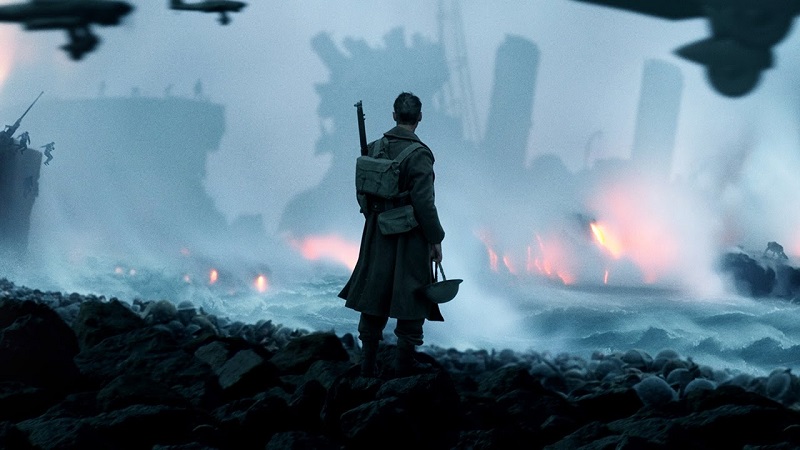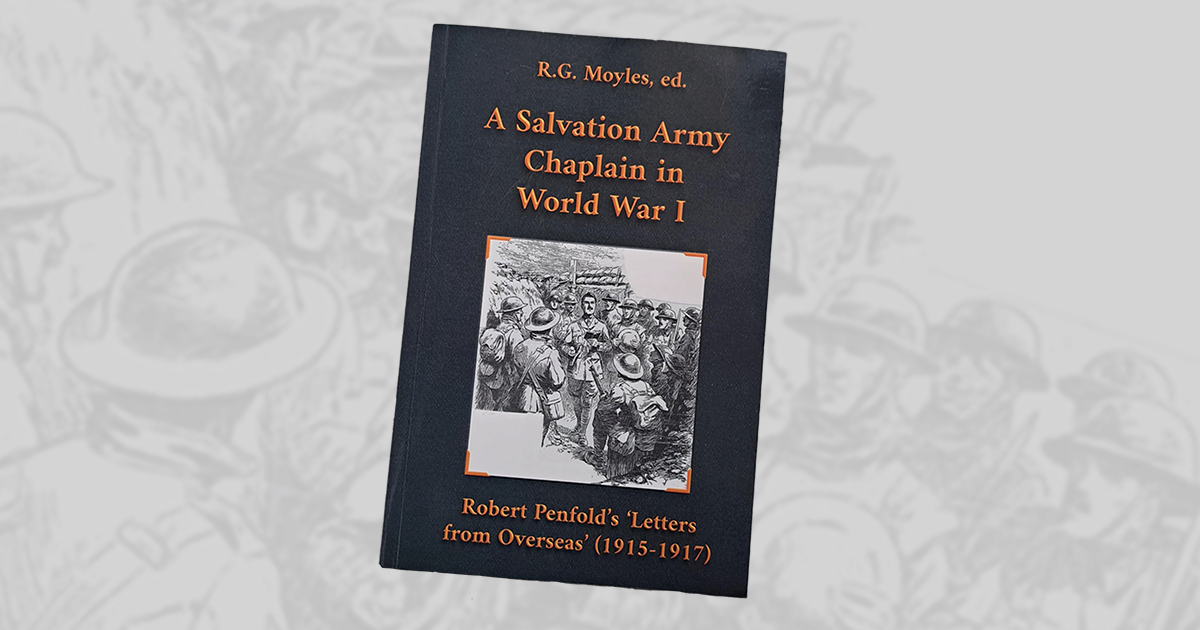Christopher Nolan’s Dunkirk, out in theatres this month, recreates a turning point in the Second World War.
Following the attack on France and the Low Countries on May 10, 1940, German forces poured through the lightly defended Ardennes and reached the English Channel, cutting the Allied forces in two.
With their backs to the sea around the beaches and harbour of Dunkirk, France, the British Expeditionary Force (BEF) seemed doomed to destruction or capitulation.
Then a miracle happened.
Failed Invasion
Christopher Nolan (The Dark Knight Trilogy, Inception) brings us back to those dark days over Europe.
The British instituted Operation Dynamo, aimed at the total evacuation of the BEF, on May 26. Even managing to get onto a ship did not guarantee rescue, as dozens of craft were sunk by mines or bombs.
In an interview with the Associated Press, Nolan said that Dunkirkwas not a war film but rather “a survival story first and foremost.
“The empathy for the characters has nothing to do with their story,” he went on to say. “The problem is not who they are, who they pretend to be or where they come from. The only question I was interested in was: Will they get out of it? Will they be killed by the next bomb? Or will they be crushed by a boat while crossing?”
Royal Navy resources were strained, so an unprecedented call went out all over the English seacoast for volunteers. More than 700 ships answered the dangerous call, from speedboats to trawlersto ferryboats. These “little ships”proved instrumental in the success of Dynamo and by the end of the eighth day, almost 400,000 soldiers had been rescued. The BEF was home.
“Wars are not won by evacuations,” Churchill warned the House of Commons. But had Dynamo failed, England would have been unable to withstand a German invasion. Without the Miracle of Dunkirk, Adolf Hitler would have reigned supreme in Europe.
Paying the Price
In Dunkirk, a soldier is no sooner rescued by one of the “little ships” when he realizes the craft is turning around for another rescue attempt.
“I’m not going back,” he tells the captain.
“There’s no hiding from this, son,” he’s told. “We’ve got a job to do.”
Two thousand yearsago, Jesus challenged a group of humble fishermen to lay down their nets and follow Him, regardless of cost. It meant leaving behind everything—career, family and security—to join Jesus in preaching the good news of the kingdom of God. But they all realized they had a job to do, too. In the end, Jesus and that small band of disciples changed the world.
As Christians today, we cannotresist the call to sacrifice for others, to recognize our part in God’s greater plan. We may not be required to sail into death and destruction but it may be that we need to surrender our wealth, time, comfort or skills in the service of God.
“Greater love has no one than this: to lay down one’s life for one’s friends” (John 15:13). Jesus paid the ultimate price on the cross. We can do no less than to give Him our all.
Following the attack on France and the Low Countries on May 10, 1940, German forces poured through the lightly defended Ardennes and reached the English Channel, cutting the Allied forces in two.
With their backs to the sea around the beaches and harbour of Dunkirk, France, the British Expeditionary Force (BEF) seemed doomed to destruction or capitulation.
Then a miracle happened.
Failed Invasion
Christopher Nolan (The Dark Knight Trilogy, Inception) brings us back to those dark days over Europe.
The British instituted Operation Dynamo, aimed at the total evacuation of the BEF, on May 26. Even managing to get onto a ship did not guarantee rescue, as dozens of craft were sunk by mines or bombs.
In an interview with the Associated Press, Nolan said that Dunkirkwas not a war film but rather “a survival story first and foremost.
“The empathy for the characters has nothing to do with their story,” he went on to say. “The problem is not who they are, who they pretend to be or where they come from. The only question I was interested in was: Will they get out of it? Will they be killed by the next bomb? Or will they be crushed by a boat while crossing?”
Royal Navy resources were strained, so an unprecedented call went out all over the English seacoast for volunteers. More than 700 ships answered the dangerous call, from speedboats to trawlersto ferryboats. These “little ships”proved instrumental in the success of Dynamo and by the end of the eighth day, almost 400,000 soldiers had been rescued. The BEF was home.
“Wars are not won by evacuations,” Churchill warned the House of Commons. But had Dynamo failed, England would have been unable to withstand a German invasion. Without the Miracle of Dunkirk, Adolf Hitler would have reigned supreme in Europe.
Paying the Price
In Dunkirk, a soldier is no sooner rescued by one of the “little ships” when he realizes the craft is turning around for another rescue attempt.
“I’m not going back,” he tells the captain.
“There’s no hiding from this, son,” he’s told. “We’ve got a job to do.”
Two thousand yearsago, Jesus challenged a group of humble fishermen to lay down their nets and follow Him, regardless of cost. It meant leaving behind everything—career, family and security—to join Jesus in preaching the good news of the kingdom of God. But they all realized they had a job to do, too. In the end, Jesus and that small band of disciples changed the world.
As Christians today, we cannotresist the call to sacrifice for others, to recognize our part in God’s greater plan. We may not be required to sail into death and destruction but it may be that we need to surrender our wealth, time, comfort or skills in the service of God.
“Greater love has no one than this: to lay down one’s life for one’s friends” (John 15:13). Jesus paid the ultimate price on the cross. We can do no less than to give Him our all.










FROM THE EDITOR: You may enjoy this story about a Salvationist at Dunkirk
https://www.salvationarmy.org.uk/dad-survived-dunkirk